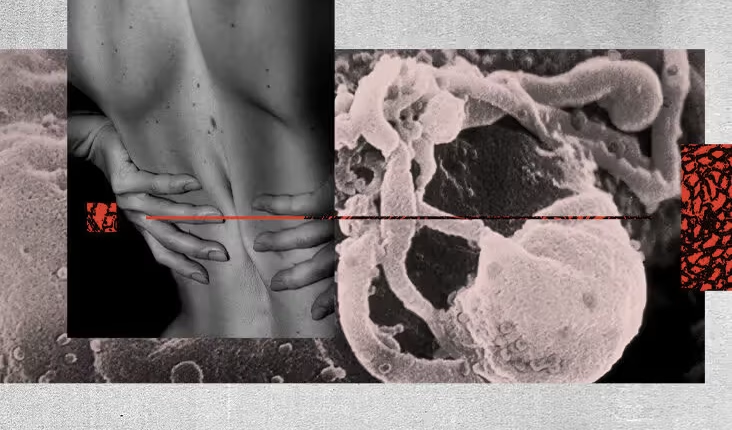Signs of HIV/AIDS in Men That Should Not Be Ignored

HIV/AIDS is a serious condition that affects the immune system, weakening the body’s ability to fight infections and diseases.
While the virus may not show symptoms immediately after exposure, it is important for men to be aware of early signs and seek medical attention if needed. Here are some of the common signs of HIV/AIDS in men that should not be ignored:
1. Unexplained Weight Loss: Significant and unexplained weight loss, often referred to as “wasting syndrome,” is a classic symptom of HIV. As the virus weakens the immune system, the body struggles to absorb nutrients, leading to malnutrition and weight loss.
2. Frequent Infections: HIV affects the immune system, making men more susceptible to infections such as pneumonia, tuberculosis, and fungal infections. If you experience recurrent infections, it could be an indication that your immune system is compromised.
3. Fatigue and Weakness: Feeling unusually tired, even with adequate rest, can be a sign of HIV. The virus causes systemic inflammation, and the body’s immune system is constantly working to fight infections, leading to exhaustion.
4. Swollen Lymph Nodes: Swelling in the neck, armpits, or groin areas is common in the early stages of HIV. This occurs as the immune system responds to the virus, and lymph nodes become enlarged as they produce more white blood cells to fight infections.
5. Skin Rashes or Lesions: HIV can cause skin rashes, sores, or other lesions that are often a result of the immune system’s response to the virus. These can appear on different parts of the body and may not always be accompanied by other symptoms.
6. Night Sweats and Fever: Persistent fever, often accompanied by night sweats, is a common symptom of early HIV infection. The body fights off the virus, leading to prolonged episodes of fever, which can be more pronounced at night.
7. Chronic Diarrhea: Men with HIV may experience diarrhea that lasts for more than a few days. This can result from the virus weakening the digestive system or from opportunistic infections that occur due to a weakened immune system.
It is crucial to recognize these symptoms early and seek medical advice if you suspect HIV infection. Early detection and treatment with antiretroviral therapy (ART) can help manage the virus, improve quality of life, and reduce the risk of transmitting it to others. Regular HIV testing is essential for sexually active individuals, as it is the most reliable way to confirm the presence of the virus
